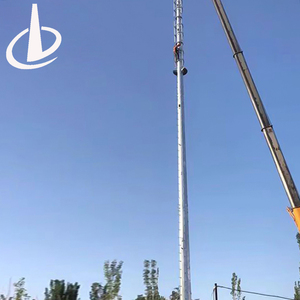Understanding the Antioxidant Meter
An antioxidant meter is an innovative device designed to measure the antioxidant potential of various substances, particularly liquids. It operates on the principle of assessing the ability of antioxidants to neutralize free radicals, which are harmful compounds that can lead to cellular damage. The significance of these meters lies in their applications across various industries, from food and beverage to healthcare and cosmetics. As consumers become increasingly health-conscious, the demand for accurate measurements of antioxidant levels in products has surged, making antioxidant meters a valuable tool for businesses and health enthusiasts alike.
Types of Antioxidant Meters
Antioxidant meters are available in various configurations and technologies, catering to different measurement needs:
- Handheld Antioxidant Meters: These portable devices allow for quick and convenient measurements in diverse settings, from laboratories to outdoor testing environments.
- Laboratory-Grade Antioxidant Meters: Designed for precise and comprehensive testing, these meters often include advanced features such as datalogging and in-depth analysis capabilities.
- Inline Antioxidant Monitoring Systems: Used primarily in industrial applications, these systems continuously measure antioxidant levels in real-time during production processes.
- Consumer-Friendly Antioxidant Meters: Tailored for home use, these easy-to-operate devices help users monitor their dietary intake of antioxidants, promoting healthier choices.
Applications of Antioxidant Meters
The versatility of antioxidant meters enables their use in various fields, contributing to better health, product quality, and safety:
- Food and Beverage Industry: Manufacturers can assess and ensure the antioxidant levels in products like juices, wines, and dietary supplements.
- Healthcare: Practitioners utilize these meters for nutritional assessments and to understand the impact of antioxidants on patient health.
- Cosmetics: Companies test skincare products for their antioxidant properties, ensuring efficacy and consumer safety.
- Research and Development: Academic and professional researchers leverage antioxidant meters to study the effects of antioxidants on various biological processes.
Features and Advantages of Antioxidant Meters
Antioxidant meters come equipped with an array of essential features that offer significant advantages for users:
- High Accuracy: Advanced sensors and calibration techniques ensure that measurements are precise, minimizing errors.
- User-Friendly Interface: Many models feature intuitive designs, making it easy for both experts and novices to operate.
- Portability: Compact designs allow users to carry these devices wherever they go, making on-the-spot testing possible.
- Quick Results: Most antioxidant meters provide immediate feedback, allowing for timely decision-making in product development and quality control.
- Data Logging Capabilities: Some models can store results for later analysis, which is beneficial for tracking trends over time.









































































































































































































































